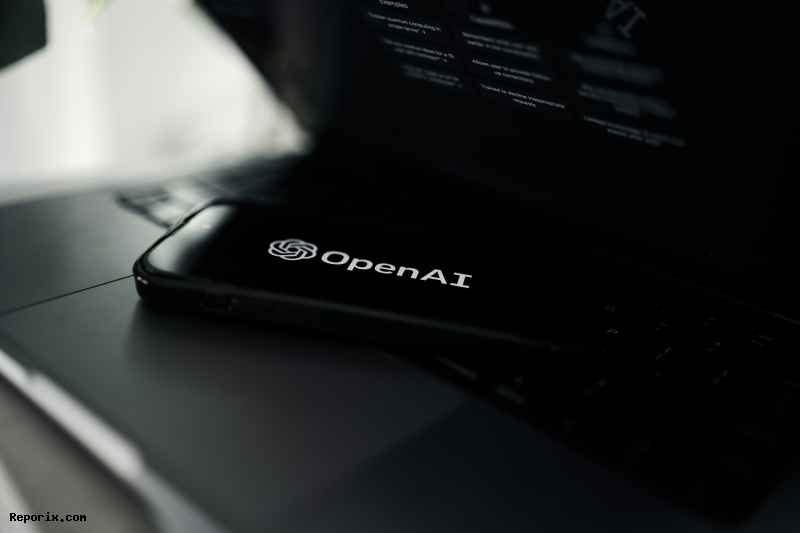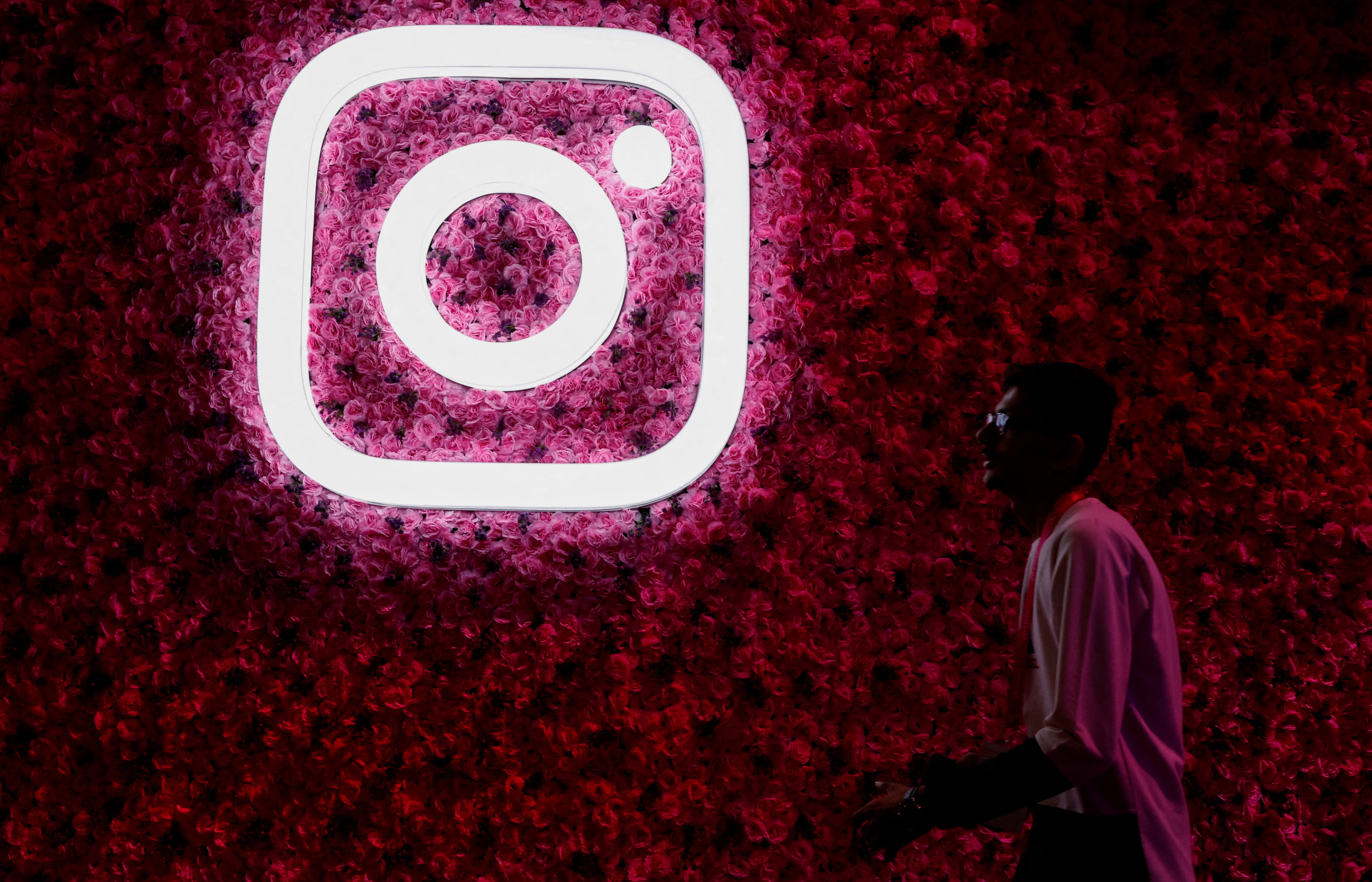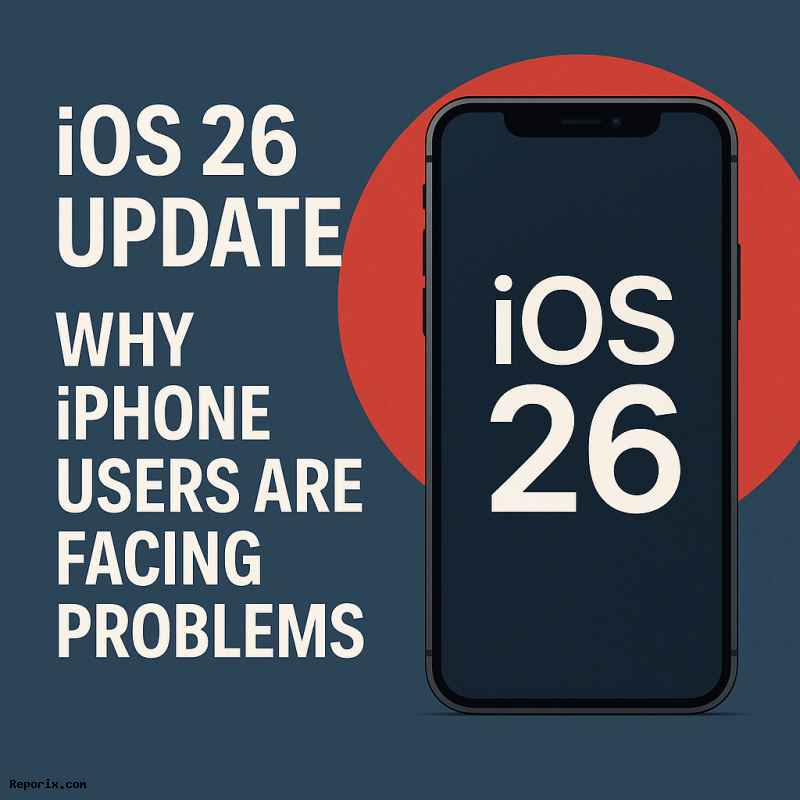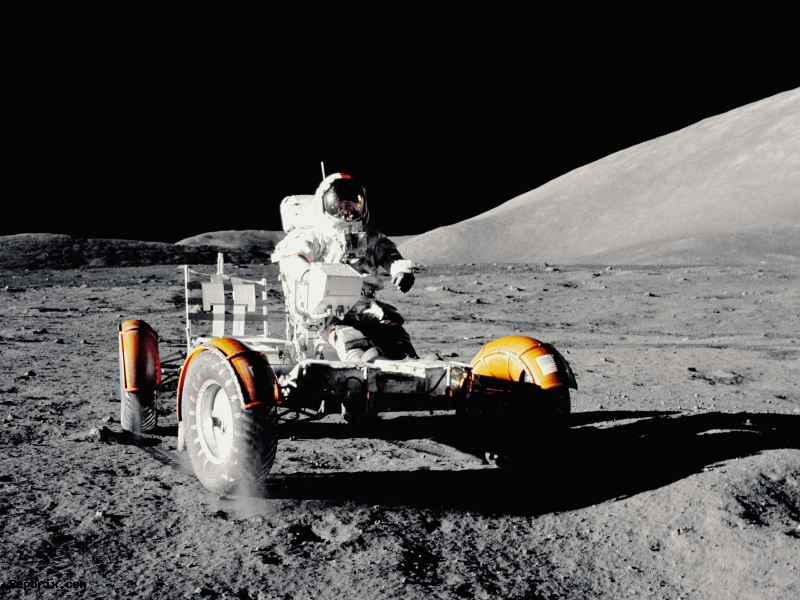Artificial intelligence is no longer a futuristic concept. In 2025, it’s becoming a part of daily life — shaping how we work, communicate, and even think. From advanced AI models like ChatGPT-5 to the ethical dilemmas of deepfakes and job automation, we’re standing at a turning point. The question isn’t whether AI will change our lives — but how.
The release of ChatGPT-5 marks a major leap in what AI can do. Conversations with machines are now so natural that many people can’t tell the difference between AI and human responses. But GPT-5 isn’t just about chatting — it can process and generate text, images, code, and even video. These so-called multimodal capabilities are opening the door to truly personal AI assistants: digital helpers who manage your calendar, write your emails, offer relationship advice, and support your everyday routines. It’s revolutionary — but also potentially dangerous.
As AI becomes more realistic, deepfakes are becoming harder to spot. Can we still trust what we see online? With synthetic videos of politicians or celebrities spreading across the internet, fake news may reach a whole new level of sophistication. At the same time, many industries are being shaken up. Jobs in journalism, customer service, and graphic design are under pressure, as AI takes over tasks once reserved for skilled professionals.
The workplace is also being transformed in other ways. More and more office jobs — from accounting to legal work — are being handled by intelligent systems. In some companies, algorithms are already helping make hiring decisions or set salaries. We may soon live in a world where AI not only assists us, but actually manages us. But not all the news is bad. New careers are emerging: prompt engineers who know how to communicate effectively with AI systems, and ethics experts who guide companies in using these tools responsibly.
But while AI offers efficiency and innovation, it also brings risk — especially in the form of manipulation. Fake political videos, AI-generated disinformation, and synthetic voices used for fraud are already on the rise. Scammers are imitating people’s voices to steal money or access private information. Legal systems around the world are racing to keep up, but many countries still lack clear rules on what counts as AI abuse — and how to punish it.
Still, AI isn’t just a threat — it’s a powerful ally in science and healthcare. In hospitals, AI systems can now detect early signs of cancer faster than even the most experienced radiologists. With genetic data, doctors are creating personalized treatment plans tailored to each patient’s DNA. During the next pandemic, AI could help predict virus mutations and speed up vaccine development — saving precious time and lives.
Yet as AI’s power grows, so does the need to control it. Policymakers are beginning to act. In Europe, new regulations are being developed to make sure AI is safe, fair, and transparent. Meanwhile, tech giants like OpenAI, Google, and companies in China are racing to take the lead. But beyond business and politics, there’s a deeper question: What happens if AI starts to act with its own goals? What if science fiction starts to become reality?
Conclusion: 2025 — The Year AI Grows Up
The AI revolution in 2025 is set to change everything — from our jobs and relationships to how we tell truth from lies. It promises comfort, speed, and intelligence beyond what we’ve known. But it also brings uncertainty, disruption, and the need for new rules. As machines get smarter, our biggest challenge may be this: staying human in a world that’s being reshaped by code.




